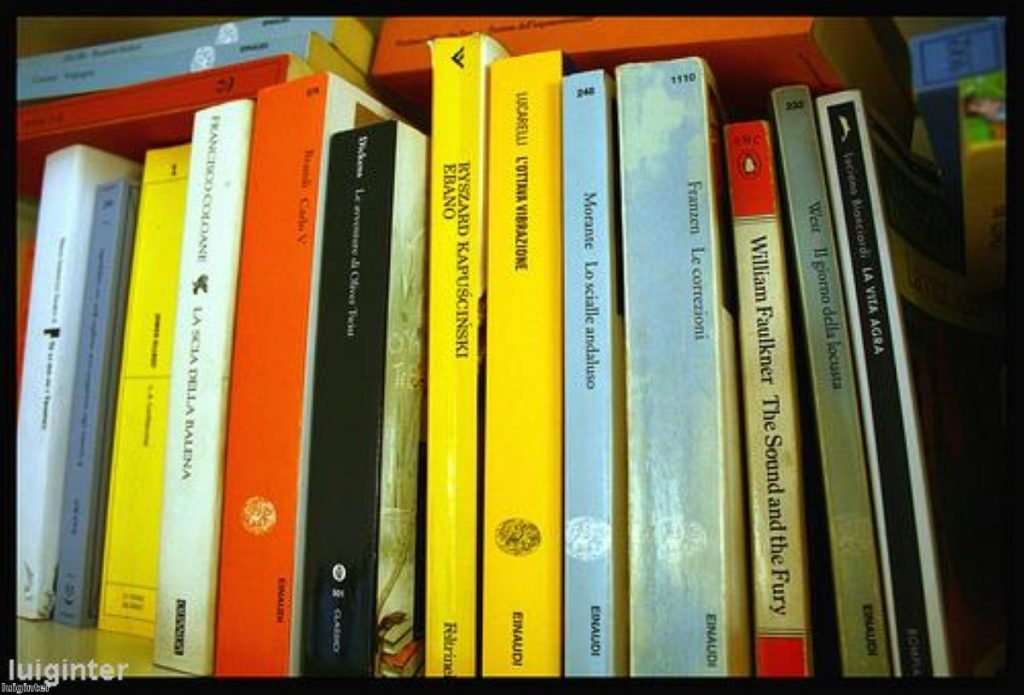Comment: Judicial review stopped the prison book ban – but it could soon be lost forever
By Laura Janes
The high court did not need to do anything fancy to find that restricting books for prisoners is unlawful.
Nine months of campaigning by the Howard League, together with English PEN and numerous authors, culminated in a fine legal judgment last Friday. The case was brought by fearless public law lawyer, Sam Genen, with barristers Annabel Lee, Victoria Butler-Cole and Jenny Richards.
Mr Justice Collins was asked to rule on whether the restriction on books to prisoners was lawful. He was provided with a web of complex legal arguments based on human rights and the Equality Act 2010. In the end, he decided the restriction was unlawful quite simply because the policy’s effect was contrary to what the justice secretary said he intended.


Our law, built up case by case over time, says that a policy will be unlawful if its effect is contrary to the expressed intention and objectives that it was supposed to promote.
In the case of books for prisoners, the secretary of state and the deputy prime minister had said that there was no book ban. The deputy prime minister went so far as to say: "If there was a ban on sending books to prisoners, I would be the first to demonstrate outside the local prison. It would be ridiculous. It's outrageous…..Education and training, reading and learning are a critical part of [rehabilitation]."
Yet a forensic examination by the high court found that the policy clearly resulted in a restriction in books, that access through the library services was not sufficient to make up for not having your own books, whether for reference, such as Brewer's Dictionary or a compendium of a particular author's works, to be dipped into frequently. The court adopted the desert island philosophy in finding that "possession…can matter as much as access".
He therefore found the privileges policy unlawful to the extent that it banned books. This simple judgment is unimpeachable. It is not based on human rights or equality but on old-fashioned common sense. The government refused to reflect on the obvious truth that books are not a privilege and learning is central to its own 'transforming rehabilitation' agenda. It refused to accept the simple truth that the policy had the effect of banning books. It refused to change the policy of its own accord.
Instead, it took a fully contested judicial review at taxpayers' expense, with the prisoner's lawyers acting pro-bono, to enable a high court judge to unravel the spin from the reality of prisoners' experiences and determine the justice secretary's policy unlawful on the basis that it was quite simply the opposite of what he said he wanted.
No wonder then that the justice secretary is so keen to restrict the ability of individuals and public interest groups to speak truth to power through the courts. In the House of Commons last Monday, he revealed an astounding lack of knowledge of the way the law works, compounding his disregard for it in the case of books for prisoners. He accepted he was "baffled" by attempts by peers to preserve judicial discretion and sought to reverse them.
Peers have a final chance this Tuesday to defeat the government's current attempts to restrict judicial review cases. Let's hope they take it.
Laura Janes is acting legal director at the Howard League for Penal Reform.
The opinions in Politics.co.uk's Comment and Analysis section are those of the author and are no reflection of the views of the website or its owners.









